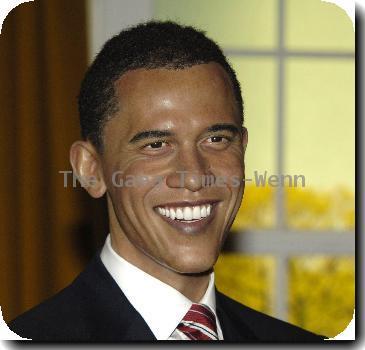Clinton says US will boost aid to Yemen but demands reforms
By Matthew Lee, APThursday, January 21, 2010
Clinton: US to boost aid Yemen
WASHINGTON — The Obama administration will provide more counterterrorism and development aid to embattled Yemen, but the country must show results for assistance to continue to flow, Secretary of State Hillary Rodham Clinton said Thursday.
After meeting with Yemeni Foreign Minister Abu Bakr al-Qirbi at the State Department, Clinton told reporters the U.S. was pleased with steps the Yemeni government was taking to combat violent extremists, including al-Qaida in the Arabian Peninsula. That group has claimed responsibility for the attempted Christmas Day bombing of a Detroit-bound American airliner.
Yemen is emerging as a central focus in the fight against violent extremists, and the United States has ramped up both military and civilian aid to the country over the past year. Clinton’s remarks reflect the administration’s rising concern about the crisis facing the impoverished country and a decision to raise Yemen as a priority on its foreign policy agenda.
“To combat this growing threat, the United States will intensify its cooperation with Yemen on both security and development,” Clinton said. “Yemen has demonstrated a willingness and a capacity to take action against al-Qaida and other extremist groups, and the United States commends these actions.”
She did not detail the enhanced assistance but noted the U.S. currently has a three-year, $121 million development and economic assistance program with Yemen. Separately, the U.S. is providing nearly $70 million in military aid this year.
Clinton’s comments come ahead of an international conference on Yemen next week in London at which new aid could be announced. But she made clear that without the Yemeni government reforms, donors, including the U.S., would balk at sending aid to the impoverished country that is facing internal unrest apart from the extremists.
“The success of this investment depends on Yemen’s ability to make the tough choices necessary to improve the capacity to govern, to reform its economy, to protect human rights, to combat corruption and to create a better environment for business and investment,” she said.
Yemen’s government is weak, and its authority does not extend far outside the capital, but it has stepped up military strikes against al-Qaida in the Arabian Peninsula, a strengthening terror offshoot formed a year ago by Yemen and Saudi militant factions.
Clinton stressed that the fight against extremists could not be waged solely by military means. She said it must be accompanied by improvements in people’s lives that will make them less prone to turn to violence.
“Our relationship cannot be just about the terrorists,” she said. “As criticial as that is to our security and our future and to the stability and unity of Yemen, the best way to really get at some of these underlying problems that exist is through an effective development strategy.”
Al-Qirbi reaffirmed his government’s commitment to fighting terrorism and said reforms were coming. He blamed the lack of reform thus far to a lack of resources and expressed hope that donors at the London conference would “realize the importance of the stablity of Yemen.”
He also praised President Barack Obama and his national security team for having a “greater understanding of the challenges faced by Yemen” than previous administrations.
Tags: Barack Obama, Middle East, National Security, North America, Terrorism, United States, Washington, Yemen



